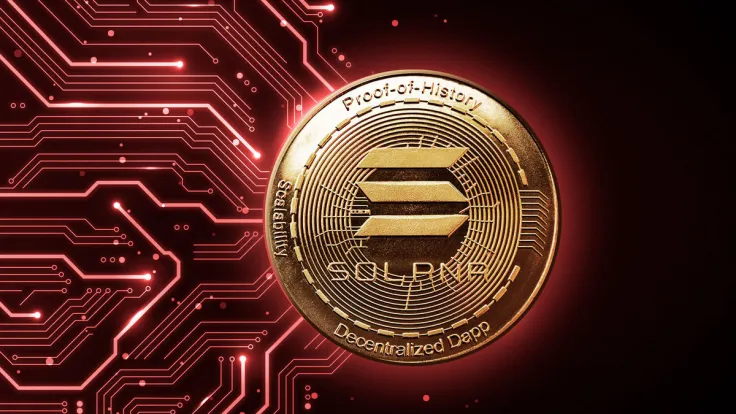
While even the validators in question can still operate on the network, they will not be subsidized by Solana Foundation nonprofit any longer, as explained by Helius cofounder Mert Mumtaz.
Solana Foundation penalized validators involved in sandwich attacks
Starting from today, June 10, 2024, an unknown number of validators was removed from the pool of Solana Foundation for being involved in sandwich attacks against other on-chain SOL accounts. Violators will not be supported by SOL injections from Solana Foundation, seasoned ecosystem dev and entrepreneur Mert Mumtaz (@0xMert_) says on X.
Mumtaz explained that the malicious validators were detected thanks to using specific modifications. MEV practices on Solana (SOL) are not allowed natively as its clients do not access mempools.
Removing bad validators from the pool supported by Solana Foundation does not mean their termination or further penalties. Instead, the foundation is just stopping backing them with money:
Since people are abusing the system to rob retail and then keep the profits all for themselves, Solana Foundation is not interested in retail users being robbed, especially with their own stake.
To provide context, Mumtaz stressed that Solana Foundation is only responsible for 16% of the validator pool in its consensus.
SOL, Solana's core native cryptocurrency, lost 0.8% in last 24 hours. The asset is changing hands at $158,65 on spot crypto exchanges.
Solana (SOL) still has "ton of other forms of MEV," dev says
The effects of this step by the Solana Foundation are limited as, just as with other permissionless networks, all validators can still do what they want to.
As a result, there are still many possibilities for MEV attacks on Solana (SOL), Mumtaz admitted.
MEV (abbreviation for "maximum extracted value," or "miners extracted value") is a technique that takes advantage of on-chain traders by sniping mempools.
In the Ethereum (ETH) ecosystem, the largest MEV snipers are spending hundreds of millions on gas, as U.Today previously covered.

 Alex Dovbnya
Alex Dovbnya Denys Serhiichuk
Denys Serhiichuk Caroline Amosun
Caroline Amosun Tomiwabold Olajide
Tomiwabold Olajide